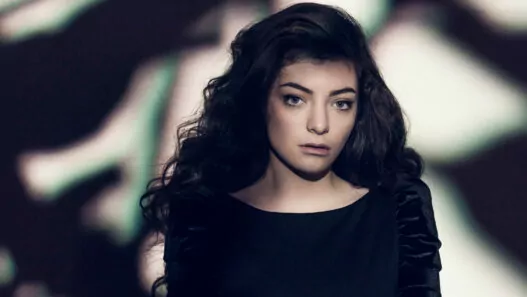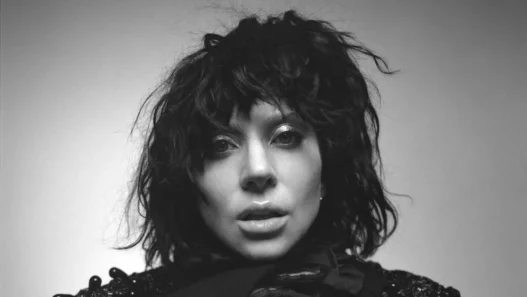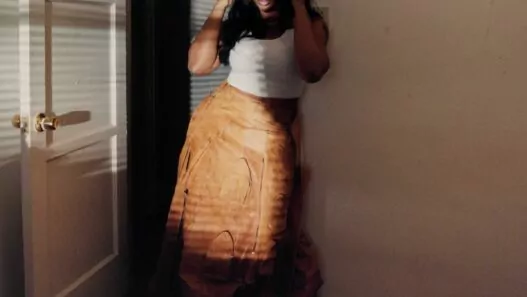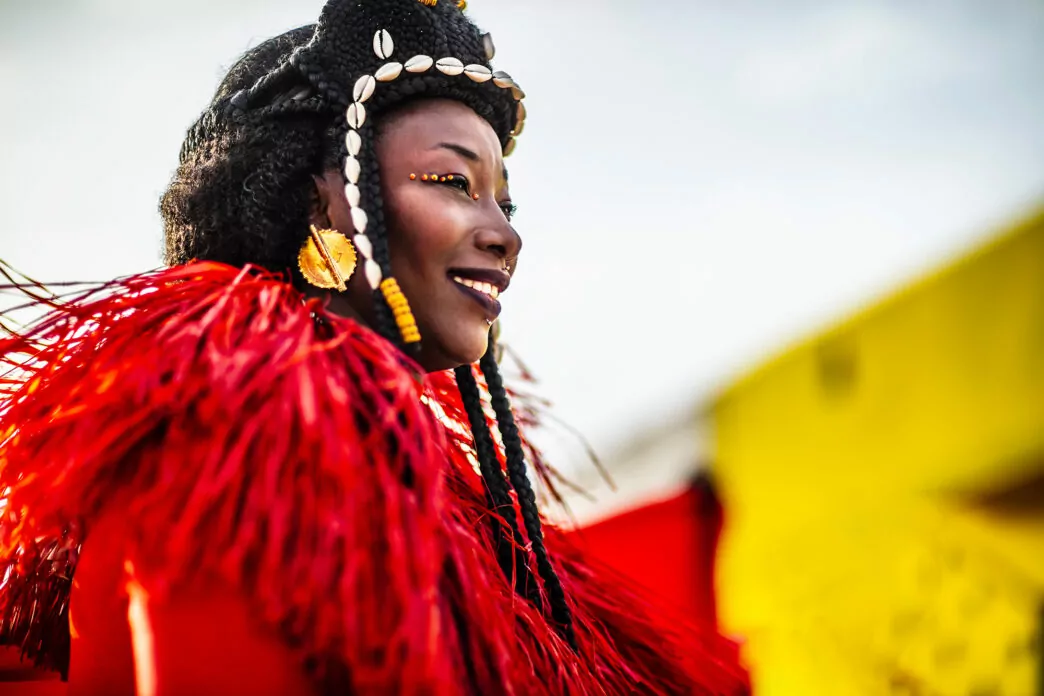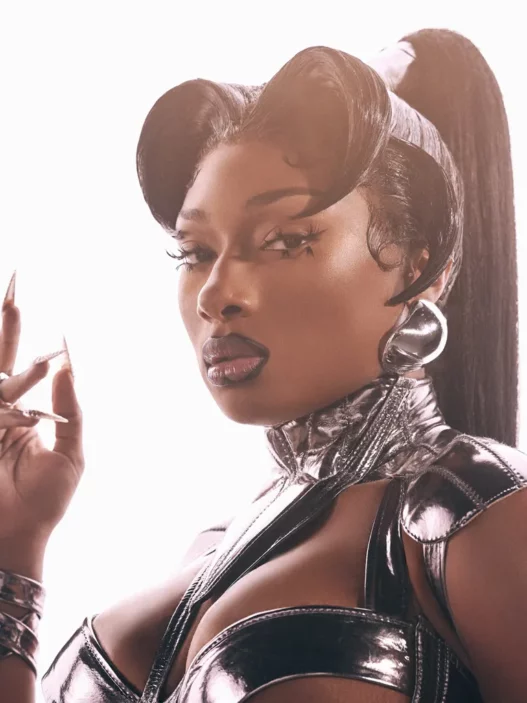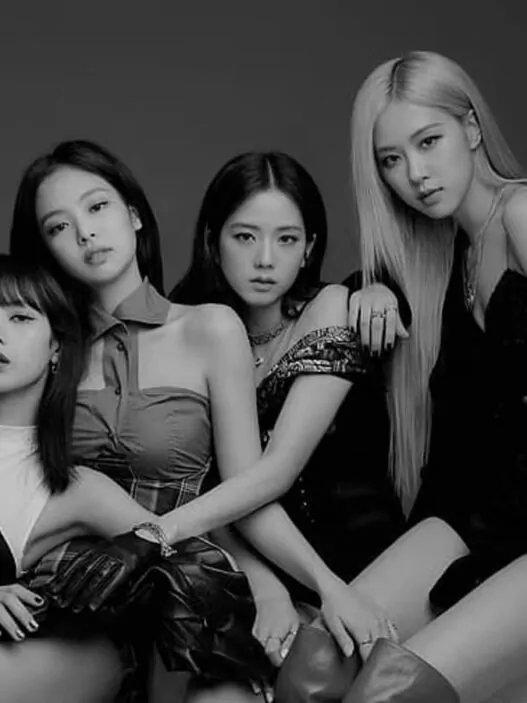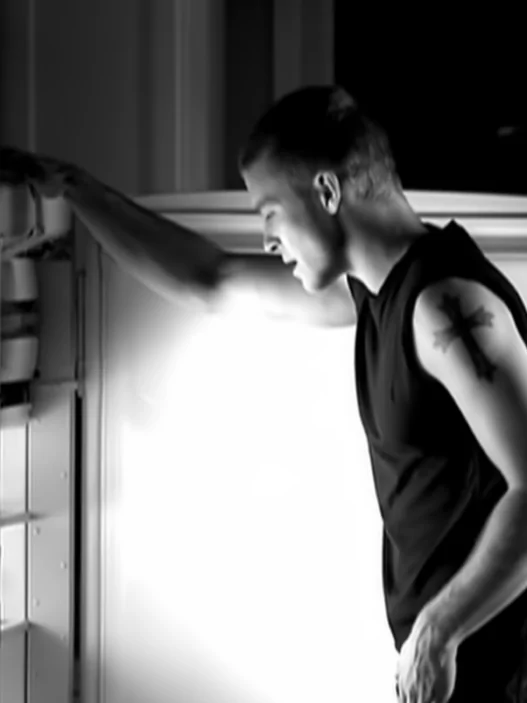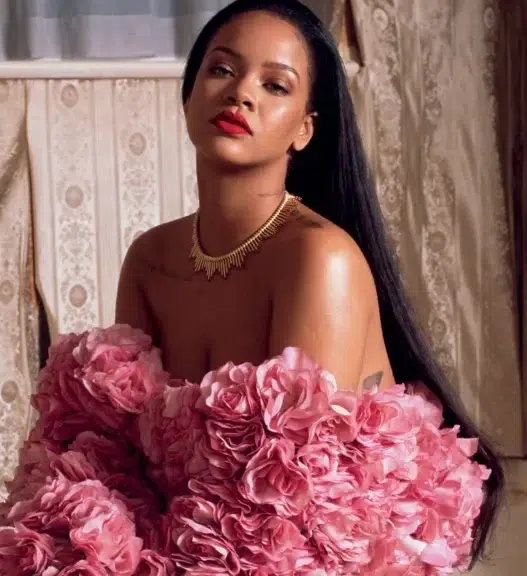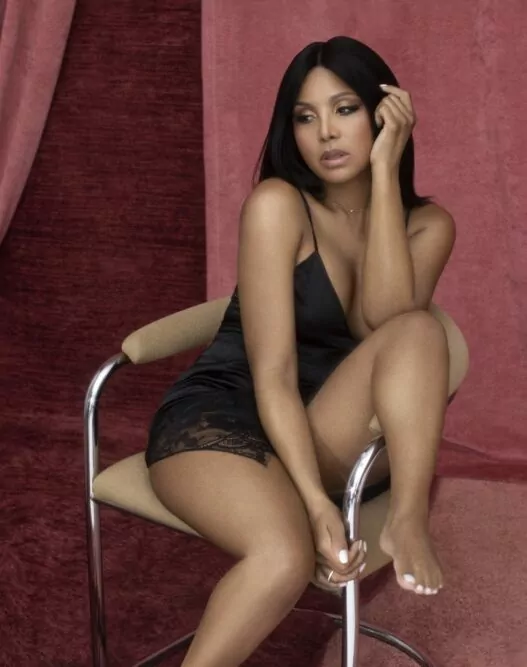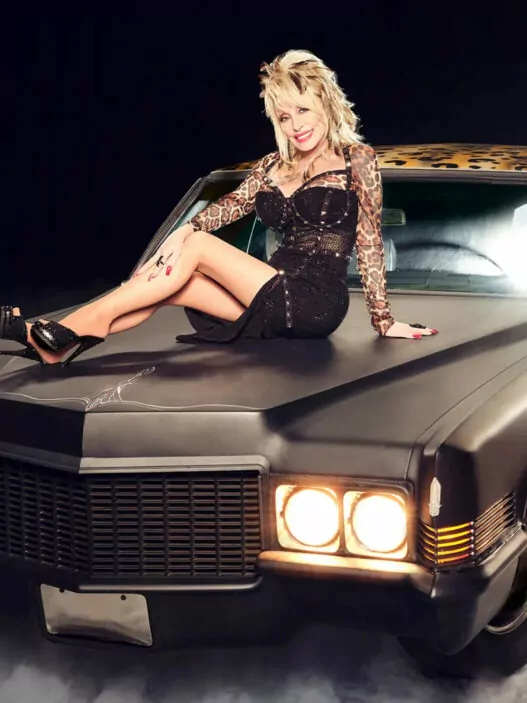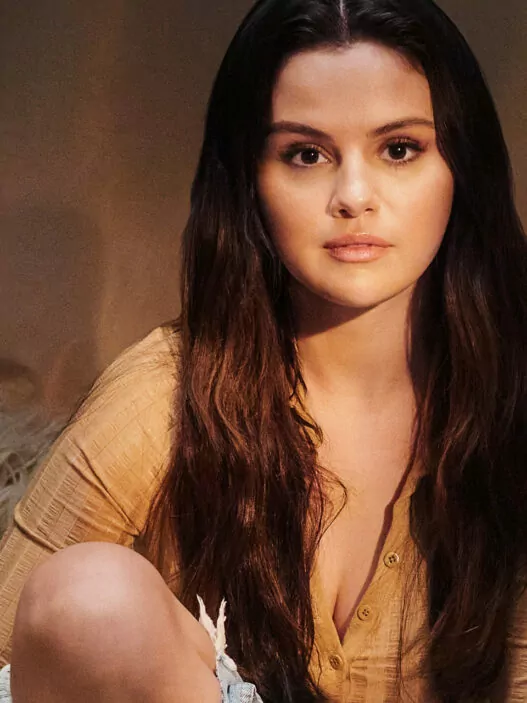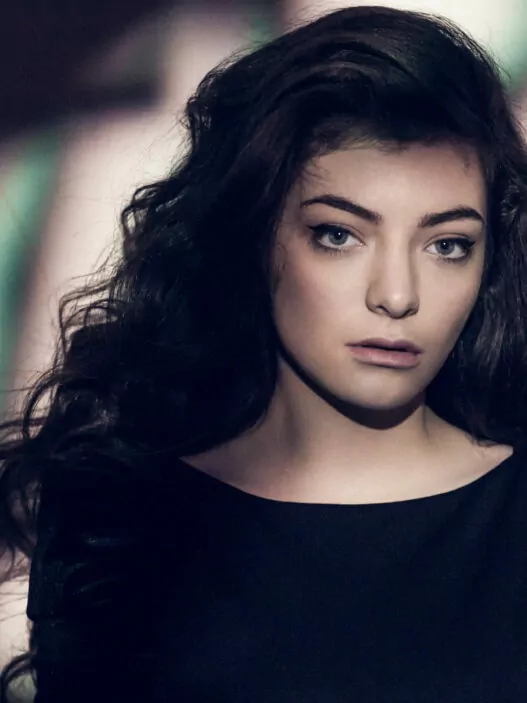By Meme Frimpong
I am not quite sure how Fatoumata Diawara’s music entered my life. My earliest memory of her is “Sowa” on her 2011 album, Fatou. It was a soulful song that I listened to on repeat until the Spotify algorithms carried my interests away—a typical millennial musical journey. Since then, Diawara has been busy. In the last few years, she has collaborated with Herbie Hancok, The Gorillaz, Disclosure and many more. Fresh on the heels of her 2024 album, London Ko, the Grammy-nominated singer went on tour, so I decided to attend her Boston show with little to no expectations.
Diawara started the show holding a white guitar, her hair wrapped in Kente and wearing multicolored African print. Smiling, she and the band filled the space with instrumental music and her strong, melodic voice. Each song she played felt intentionally layered. I could hear elements of Afrobeats, Rock, Jazz, Electronic music and Funk. There were moments of call and response where everyone—a crowd spanning generations and racial identities—joined in to mirror words Diawara emphasized in her music. Behind the band were scenes from Diawara’s music videos. Among them were clips from her music video “Nsera”, an afrofuturist version of “Nsera ” and “Massa Den” with Matheu Chedid.
Throughout the night, images of African women dancing, men hugging, kumpo dancers spinning, the same people in a futuristic and mechanized design; dreamlike video displaying people in fictional and real backgrounds. Diawara stands in the center of these videos as an anchor for the beauty and excitement around her. As the keyboard rang, the bass reverberated, the guitar kept steady, and the drums stayed steady, she brought out a whistle. Her whistle cut through the melodies creating its own beat for the instruments to follow. This evoked my memories from when I was young. When I would see people gleefully singing and dancing down a road with the whistle leading the group of them. I later learned that a Haitian American friend of mine felt the same watching her use the whistle. We felt celebrated, and seen.
Her cover of “Feeling Good”—a Nina Simone classic—the only English song of the night was one of my favorite moments. She paused, enunciated each word, and looked at the audience as if chatting with us. She used the same blend of Wassoulou music (Malian traditional, instrumental music usually sung by women), rock, and afrobeat (not to be confused with afrobeats) which resulted in an interpretation that is entirely her own. The Ivorian-born, Malian singer bent English into the shape of her Bambara language songs. My second favorite was when she sang “Sete”, horrors of Female Genital Mutilation quieting the crowd and bringing me to tears. Standing in the crowd, it was clear she aimed to follow in the path of pioneers she thanked in the intermission: Miriam Makeba, Angelique Kidjo, Fela Kuti, and Nina Simone. All powerhouse musicians with an interest in artistry, activism and celebrating their cultural traditions.
As a person of Ghanaian descent, I often find depictions of the African continent and Blackness as sad, painful and full of mockery. But during this show, every act was a joyful nod to the Black Diaspora. The energy of the concert—videos, fusion of music, and cultural tradition—was radically Afrofuturist. Afrofuturism often evokes ideas of Wakanda—a technological world with a ‘Black twist.’ However, scholar of Afro-Futurism Ytasha Womack, defines Afro-futurism as a way to redefine Black culture by critiquing the past but also reimagining the future. It’s about embedding Black and Black Diaspora culture in fantasy worlds and machinations of technology and inspiration. It involves questioning, celebrating and fusing ideas to bring about something new, something unique, and something Black. I would also argue, most importantly, it is about finding joy, making joy and speaking out. This is where Diawara sits in the intersection of afrofuturism and music. She brings both the “old” and the “new” to create something different, something heavy, and something otherworldly.
Towards the end of the show, she donned a mask–Gouro Zaouli mask from Cote d’Ivoire—and danced for the crowd. She also called the audience to come on stage. As I watched her call people up to dance on the stage and as each person showcased their talents, joy was at the center even though there is acknowledgement of pain, suffering and the need to heal the world. Throughout the show I heard her speak about being awe of Nina Simone’s talent, speaks about FGM, and Women’s rights. I felt like I was in a different world. One that celebrates Blackness, one that sees interconnections, values speaking out and one that was entirely of Diawara’s making. I still see her now, standing on stage looking at all of us under purple and white lights, with a knowing smile and powerful voice, singing with conviction and in that atmosphere of musical experimentation, social justice and history. Based on the crowd’s energy, I know I wasn’t the only one.



